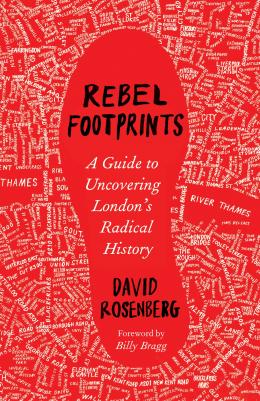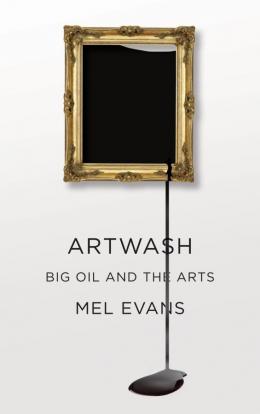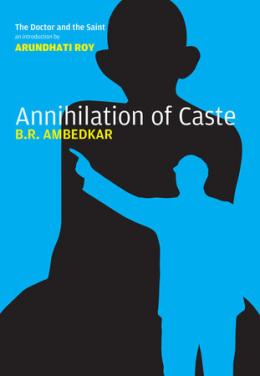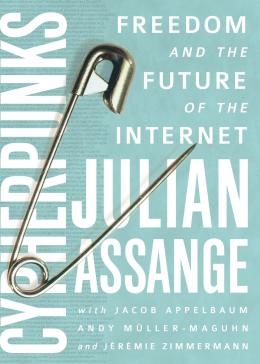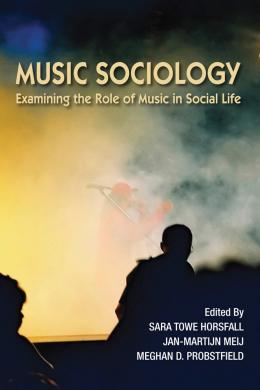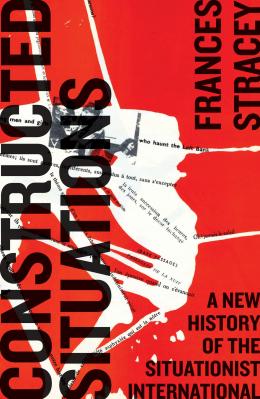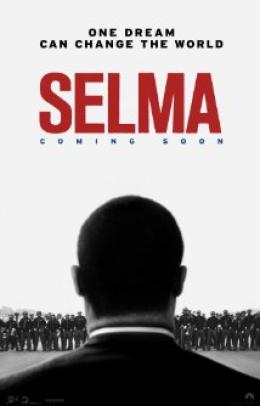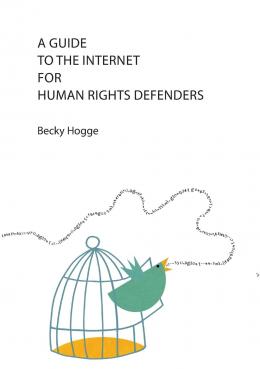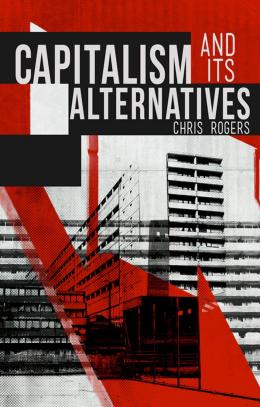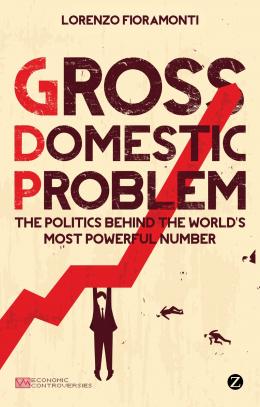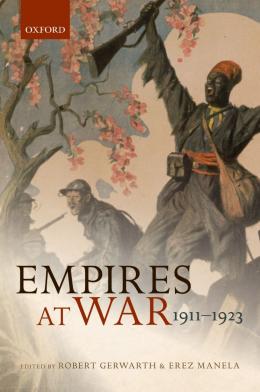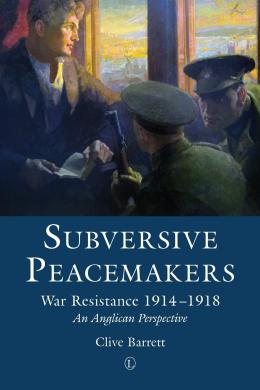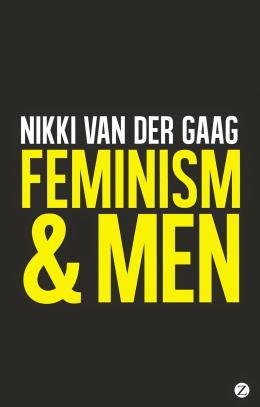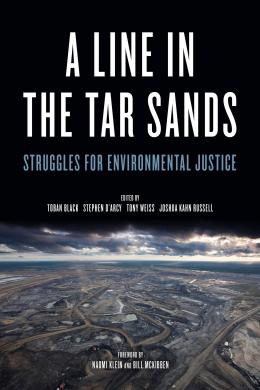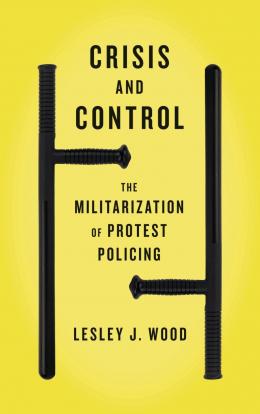In 1832 a major outbreak of cholera struck London. According to a government report, it was 'proof of the judgement of God among us'. With this in mind, a 'National Fast Day' was proposed, with the aim of preventing the spread of disease. The irony wasn’t lost on the poor. The National Union of the Working Classes 'encouraged its supporters to enjoy a "Feast Day" which, it argued, would benefit the poor far more.' After all, they had precious little to eat in the first place!
Covering the period of 1830 - 1930, Rosenberg’s lesson…
Reviews
It’s easy to forget, but art galleries are ‘our’ galleries: they are supposed to belong to us. You might even like to think of them as having taken the place of (now defunct) churches. So how did oil money seep through their walls?
Mel Evans begins by charting the journey of arts funding in the UK. The Arts Council of Attlee’s postwar Britain was deliberately at arm’s length from the state. Thatcher and Tebbit increased government involvement, which enabled New Labour to follow with its claim that the market encourages art’s…
In 1936, the Indian scholar BR Ambedkar was invited to give a speech to the Jat-Pat Todak Mandal (Forum for Break-up of Caste), a group of high-caste Hindus. The controversial speech was never delivered, and the conference was cancelled, but Ambedkar published the speech himself, together with the letters and records of the ensuing debate.
In her book-length introduction, ‘The Doctor and the Saint’, Arundhati Roy draws out the significance of this speech (‘Annihilation of Caste’) for contemporary readers.
First, she…
The internet has been transformed from a tool of emancipation ‘into the most dangerous facilitator of totalitarianism we have ever seen’. Thus wrote Julian Assange* in his 2012 introduction to Cypherpunks, an eye-opening annotated transcript of a conversation between the Wikileaks founder and three other prominent internet activists.
At that time, such a claim might have appeared hyperbolic. However, in the wake of Edward Snowden’s 2013 exposure of the global surveillance programmes of the US national security agency (NSA),…
A worrying 17% of Western adults consider themselves tone-deaf, when in reality at most 2% suffer from 'amusia'. A great music sociologist, Christopher Small, wrote that music is 'inaccessible to most, who must content themselves with the contemplation of someone else’s finished work. [All of us] are consumers of something we have not produced.' On the other hand in countries like Ghana and Bali, however, music making is an integral part of life, and high levels of skill are reached by all members of the group.
Music sociology…
Those who sheepishly admit to 'doing art', myself included, are sometimes embarrassed to connect it with politics. The term 'art' is troubling; why not just call it 'play'?
Music, painting or whatever should be satisfying in itself; and radical politics shouldn’t be used to prop up mediocre art – not to mention the danger of thinking that having a jam in your bedroom is activism!In the late 1950s, a group of European radicals (including Guy Debord and Asger Jorn) found my favourite solution to this quandary. The group sought to alter…
The poster for Selma, showing the head and shoulders of a solitary Black man facing a line of helmeted policemen, gives the wrong impression about this brilliant film. In fact, the film shows that Martin Luther King Jr (MLK) was enabled to achieve what he did because he worked with and through groups of fellow campaigners, using non-violent direct action (NVDA) to confront authorities in the Southern USA town. Black people were prevented from both registering to vote and voting itself, in spite of having the right inscribed in the…
Unless you’ve been asleep for the last 15 years, you’ll be aware of the increasingly pervasive role played by the internet in everyday life, with an estimated 2.5 billion people currently able to access its staggering resources.
You’ll also be aware of both its use by activists for purposes ranging from e-petitions and Twitter storms, to whistleblowing and revolution, and of the manifold threats it poses to civil liberties, both here and abroad.
Leaked US national security agency (NSA) documents have revealed Apple,…
This book presents a compelling argument for exploring the ‘million and one ways’ of resisting capitalism.
It also provides a timely background to the recent economic crisis and the suffering caused by neoliberalism and austerity measures, and directly challenges the rhetoric of those who say that capitalism is inevitable. Indirectly, it provides the narrative behind the Occupy movement and the populist movements of Greece and Spain.
In his central argument, Rogers reminds us, with Marx, that ‘capitalism is a product…
This small and accessible book describes how gross domestic product (GDP) became the world’s leading economic indicator and how its use deforms the political landscape, encouraging economists to focus on growth where previously they had been more concerned with describing the state of the economy as they found it.
As Fioramonti shows, our slavish attention to the annual GDP number has changed the ways in which we think about our world. GDP takes no account of things we produce but don’t measure, and it takes no account of the…
The First World War centenary has been accompanied by a tidal wave of books. Here we survey seven titles that might interest PN readers.
Gerwarth and Manela’s collection of essays aims to challenge two ruling assumptions of Western historiography: ‘that the war began with the sounding of the “guns of August” in 1914 and ended with the Armistice of 11 November 1918’, and that it ‘was primarily one of nation states and... a largely European affair’.
Instead, they argue, the war is best viewed as ‘primarily ... a…
An Anglican priest, former chair of the Anglican Pacifist Fellowship and chair of the Peace Museum in Bradford, Clive Barrett is ideally placed to document Anglican resistance to the First World War.
I was hooked from the opening chapter which shows how militarism was embedded in the 39 ‘articles of religion’ to which all Anglican clergy must assent. Article 37 – ‘It is lawful for Christian Men, at the command of the magistrate, to wear weapons, and serve in wars’ – clarified why the Church of England finds it so hard to…
Feminism is as relevant today as it’s ever been. Recent research by the National Society for the Prevention of Cruelty to Children and the universities of Bristol and Central Lancashire found more than 40 percent of girls between the ages of 13 and 17 in England said that they had been coerced into sex acts, while one in five said that they had suffered physical violence or intimidation from boyfriends.
The survey also found that 39% of teenage boys admitted to regularly viewing pornography, and that one-in-five held extremely…
The Alberta tar sands in Canada may be the largest hydrocarbon resource in the world, as well as the largest single potential source of climate-warming carbon dioxide. If the tar sands are completely exploited for fuel, 240 billion tons of carbon will be added to the atmosphere and global temperatures will rise 0.4°C from this source alone. At the same time, mining, pipelines, and ocean shipping threaten devastation in places stretching from one end of North America to the other.
A Line in the Tar Sands is a…
When joining a protest, I have always assumed that, so long as I remain calm and peaceful, the police will protect me. In this book, Lesley J Wood provides some interesting and lively insights into the ways in which protest policing varies across time and place, from city to city, according to history and tradition, while at the same time following global trends.
Wood argues that ‘less lethal weapons’ and intelligence-led policing are symptoms of an increased militarisation of the police. ‘Less lethal weapons’ such as…


